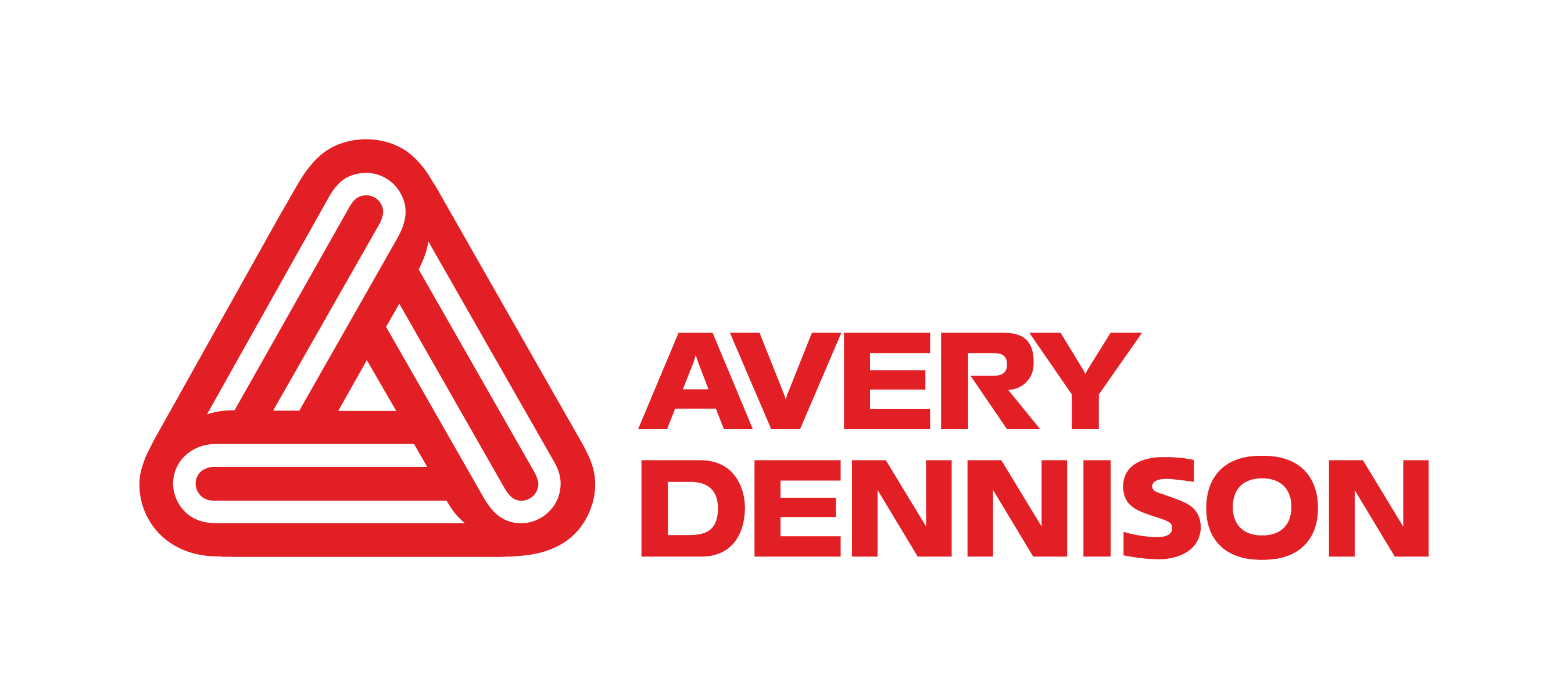Are durables segment problems still all about COVID?
David Yepes: The remaining COVID effects have been joined by new factors such as Ukraine and climate change, and changes in regulations around sustainability are also adding complications. What we’re seeing right now in some parts of the established supply chain is a convergence of many problems. The resulting higher prices are bad enough, but we are also seeing unpredictable supplies that at worst can delay production. One global response to this environment is reshoring – for example, BCI Global has predicted that “Over 60 percent of European and US manufacturing companies expect to onshore or re-shore part of their Asia production in the next three years.”
Does using a more local source of supply really help?
David Yepes: It can do. What really counts is gaining new levels of flexibility. A switch should maximize benefits. So, as well as price and timelines, minimum order quantity should be part of the calculation. You need a responsive supplier that doesn’t depend entirely on one location. Avery Dennison has six separate production facilities in the EU, producing several vertically integrated adhesive technologies, and that’s partly how we are able to keep supplies flowing and avoid peaks in pricing. It’s also how we can offer smaller minimum orders (down to 100 m2) for more flexible production, and 100,000+ possible combinations of customized label technology. Almost every kind of self-adhesive application is covered by our different divisions. This includes label & packaging materials, vehicle graphics, reflective signs, and functional materials such as tapes. All of which enables sourcing from one supplier easily.
Doesn’t requalification make things too slow and costly?
David Yepes: Experience really counts! Success depends entirely on the quality of partnership you can establish, the testing resources available and the quality/equivalence of available materials. Avery Dennison has been qualifying these kinds of materials for a long time and is able to shorten the process. Perhaps most important of all is a customer-centric approach. It’s no good finding the best replacement product in the world if you’re left to figure out testing and requalification on your own. The reality is that success ultimately depends on a supplier having advanced and accessible lab capabilities, along with a hotline response that can resolve any arising issues quickly and easily. Durable labels are a key strategic area for Avery Dennison - we have advanced capabilities across automotive, appliances, electronics, and many more durables applications. We continue to invest heavily in relevant technology and resources across the globe, with close customer support on technical issues.




